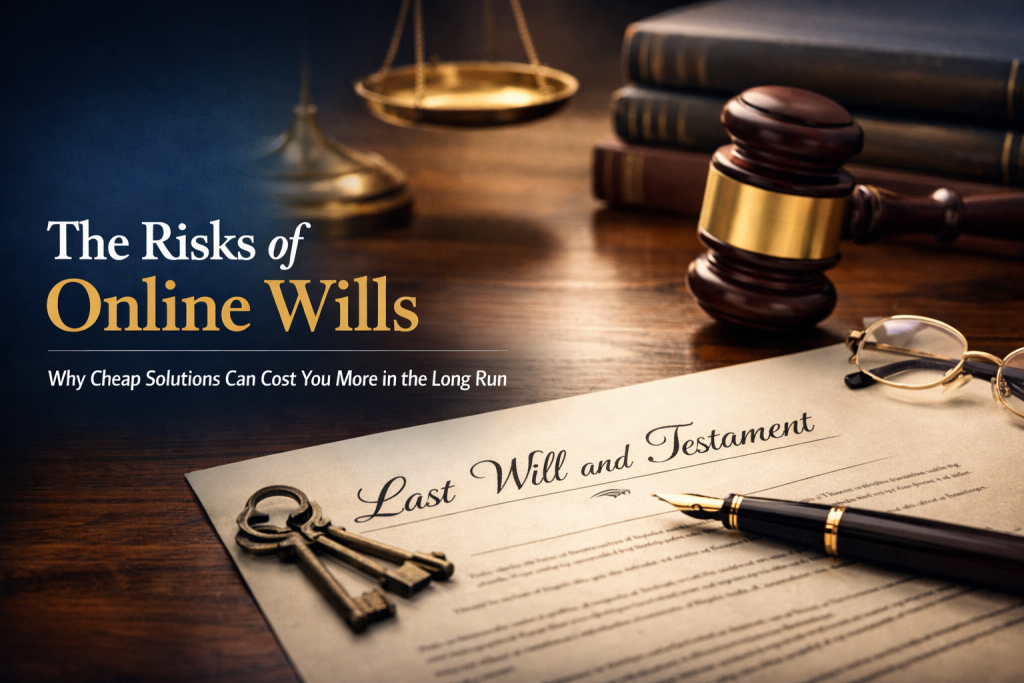When a homeowner passes away, their mortgage doesn’t simply disappear. It becomes part of their estate, and someone will need to manage or repay the debt. Exactly how this is dealt with depends on a few key factors, including:
- Whether the deceased had a valid will
- How the property was owned
- Whether there were any co-owners or guarantors
- The lender’s terms and conditions
Here’s a breakdown of what typically happens—and how you can prepare.
Do Debts Get Inherited After Death?
Yes. A mortgage, like other debts, forms part of the deceased’s estate. The lender will still expect the debt to be repaid.
It is the responsibility of the executor (if there is a will) or administrator (if there isn’t) to deal with the mortgage and other liabilities of the estate.
How Property Ownership Affects What Happens
Joint Tenants
- The deceased’s interest automatically passes to the surviving owner under the right of survivorship.
- The mortgage becomes the surviving co-owner’s sole responsibility.
- This transfer occurs regardless of the terms of the deceased’s will.
Tenants in Common
- The deceased’s share does not automatically pass to the surviving owner.
- Instead, their interest becomes part of their estate and is dealt with under their will (or via intestacy if there is no will).
Sole Ownership
- The property and mortgage form part of the estate.
- The executor or administrator will decide whether to:
- sell the property to repay the debt;
- transfer it to a beneficiary (if possible); or
- continue repayments using estate funds.
What Can Beneficiaries Do with a Mortgaged Property?
If a beneficiary inherits a property that has a mortgage, they generally have three options (subject to lender approval):
Take over the mortgage – assuming they meet the lender’s requirements.
Pay out the loan – using estate funds, life insurance, or other resources.
Sell the property – and use the proceeds to repay the debt.
If the estate wishes to retain the property (e.g. to earn rental income), the mortgage must continue to be serviced until it is paid out, refinanced, or sold.
What If There’s a Guarantor?
If the mortgage was guaranteed by another person, the guarantor may still be liable for the debt. If no one continues repayments, the lender can require the guarantor to cover the outstanding loan amount.
The Bottom Line
When someone dies with a mortgage, what happens next depends on:
- the property’s ownership structure;
- whether a valid will exists; and
- whether the estate or beneficiaries can manage the debt.
Our team can guide you through your legal obligations, help manage the estate, and ensure all steps are handled properly.
Need Advice?
The information provided in this article is general in nature. Each estate is different, so we recommend speaking with our Wills & Estates team for advice tailored to your situation.
You can reach us on (03) 9311 8911 or via our website at www.ferraro.com.au.





